
In the age of instant information man ends his job of fragmented specializing and assumes the role of information gathering. Today information-gathering resumes the inclusive concept of "culture," exactly as the primitive food-gatherer worked in complete equilibrium with his entire environment. Our quarry now, in this new nomadic and "workless" world, is knowledge and insight into the creative processes of life and society.
Men left the closed world of the tribe for the "open society," exchanging an ear for an eye by means of the technology of writing. The alphabet in particular enabled them to break out of the charmed circle and resonating magic of the tribal world. A similar process of economic change from the closed to the open society, from mercantilism and the economic protection of national trade to the open market ideal of the free-traders, was accomplished in more recent times by means of the printed word, and by moving from metallic to paper currencies. Today, electric technology puts the very concept of money in jeopardy, as the new dynamics of human interdependence shift from fragmenting media such as printing to inclusive or mass media like the telegraph.

Since all media are extensions of ourselves, or translations of some part of us into various materials, any study of one medium helps us to understand all the others. Money is no exception. The primitive or nonliterate use of money is especially enlightening, since it manifests an easy acceptance of staple products as media of communication. The nonliterate man can accept any staple as money, partly because the staples of a community are as much media of communication as they are commodities. Cotton, wheat, cattle, tobacco, timber, fish, fur, and many other products have acted as major shaping forces of community life in many cultures. When one of these staples becomes dominant as a social bond, it serves, also, as a store of value, and as a translator or exchanger of skills and tasks.
The classic curse of Midas, his power of translating all he touched into gold, is in some degree the character of any medium, including language. This myth draws attention to a magic aspect of all extensions of human sense and body; that is, to all technology whatever. All technology has the Midas touch. When a community develops some extension of itself, it tends to allow all other functions to be altered to accommodate that form.














![et cetera : LOVE [1977]](https://blogger.googleusercontent.com/img/b/R29vZ2xl/AVvXsEgQ8s7vwLQuzHDNgqlfBacxRkEbOErToak9kmgFl0VmyIYEqS9qIzNIVcXKpzTncPhqo3TSgOyztAguIW6OlXw65aFHmpx6cRzmvCUQQMTwUGUOd0iE0GbJakEc3g3kBAJrvlZP4z3eesg/s1600/etc1977.jpg)









![MAC LUHAN [sic] : LOST IN TRANSLATION](https://blogger.googleusercontent.com/img/b/R29vZ2xl/AVvXsEg92tMqBMDA917NDivsS2ZwIirx9KTf24tOCgFFnK65p7Hw5dvqEh1e2aefCynj2UW8u-k8zwBXbjgypsCXUcv-5G7ZCsyDB13giHEjmhVISAeW-oI_JV6ePOXW_XBDPwy2nREAoqRU7Z8/s1600/MAC.jpg)






















![Les Yeux De Nadja [unpublished]](https://blogger.googleusercontent.com/img/b/R29vZ2xl/AVvXsEgrXohpIuxxYyjKoqBSQf3TpYGjnttZnjRFvmMdshadfnVKi7PMAjIqEuqYctZFXOFH2n-oH75oJx-YkaON7xvaZgVdvaK0zfSOurEmCKqmWF6qXh2F3VbqyixfGhvY4qH6LENMTs1wCIw/s1600/2xsurreal.jpg)
















![PIED PIPERS [MARSH] ALL](https://blogger.googleusercontent.com/img/b/R29vZ2xl/AVvXsEhqvGIGG9lWZYhFZRVc_V8EJG2apQBsys4kNQOQsA0EV6H6Tg-SMN0sX15NXy_GzsF3xAUdcb2QlfvJk-RU-Rha-3Eu5Mnglkf5KLe6pccVqAP4VR_Gi4fGQ716QSmDe3Zna5Uwct5d2sw/s1600/piedPiperMarshALL270.png)






























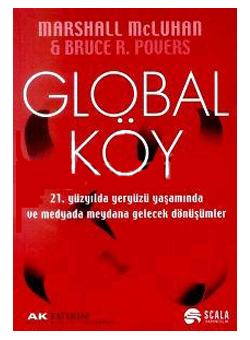




























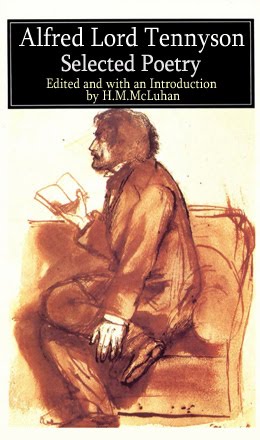

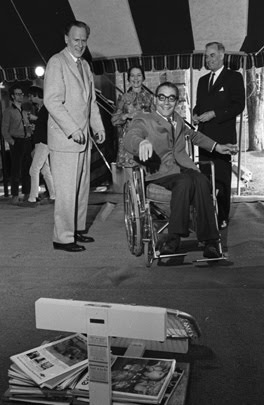




![PICNIC IN SPACE : The Great Minds of Our Time Film Series [1973]](https://blogger.googleusercontent.com/img/b/R29vZ2xl/AVvXsEjyov75DRIUBWcYLkzPYmupFy8CQ9dQ4Q798zDIN6jPNsSdBB_WuOcvPl4WjMAz10csG071oCO3BCUtIcKyHoIkCN0lCy0OxGCV_HrLXrGNKRpUiKMrqzkJh4LSc7jT_KrrqmClapSlVa8/s1600-r/PicnicInSpace.jpg)


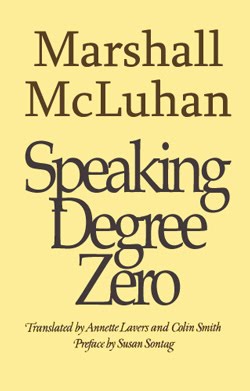






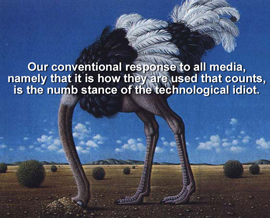


















![more Hidden ground [re:Bride] : the "flippancy" of tone seemed just "right"](https://blogger.googleusercontent.com/img/b/R29vZ2xl/AVvXsEg-hQyF9KGGhKYc73nUGmV1bStJ4fTJVh0-TL1ZtikLZEv5ppjhB3DOhFcVuzGq-kByrwtTAWgCcE173pA3UTIPe7h6xJjsPt7lRvNym007ZsdXenMDLNimKcwtaTOqkGleoxmXOeCKtxXL/s1600-r/LEAVISLEWIS.png)
















![BABA WAWA [TODAY SHOW, Toronto City Hall 1970]](https://blogger.googleusercontent.com/img/b/R29vZ2xl/AVvXsEjTZAIFkA07K36WGk951vmZnLPU99fOdNzlvVhyphenhyphenhKZEKu2n2AW5EA1CDZGaTk0aYRXUv7IOXG39igaikoE6SWm8j7QIG96wYRE54oBXwvlaNCJzp15vdkrcqR97IMMny-8sHjM-VDotTOaY/s1600-r/babaWawa.jpg)

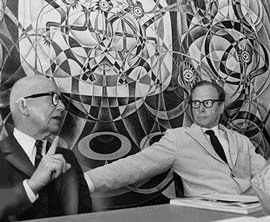

![enter the dragon : "typhon in america" [unpublished]](https://blogger.googleusercontent.com/img/b/R29vZ2xl/AVvXsEjdCnZdJ6JbaLc6hyUmUJo5UJ0m8WZSj_afYU9oRlHKIUgAIfcy2EPHNAptSRYEAmpOf0Xaa0B8iMgOTF302lY0Xmbyne0hvrdRyNo-t0Q-PPdzqX39uI3T5x5FppRPaQf9sSaXytrOpWVN/s1600-r/TIA.jpg)




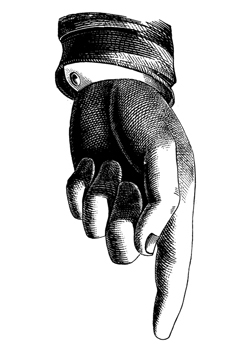






















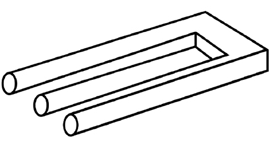









![Take Today [1972] : "the consumer becomes a producer..."](https://blogger.googleusercontent.com/img/b/R29vZ2xl/AVvXsEhA53bdVdTaXdQo1fDmrsI8oiAwF-3jampcanOq8uk3QMh8_ImkNsTiKd4-RnZY8Vbwqh1fymJiyCl1CSLcSonXHQM6XbnJYQi_Vu89gbAV4jVq73EtlbM3w6CthyphenhyphenV_pHEjE6eu_VhC489u/s1600-r/PROSUMER.jpg)








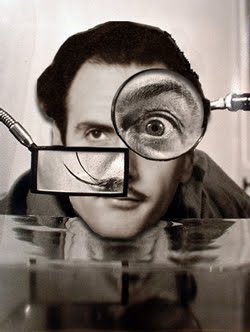















































































![" Outtragedy of poetscalds!, Acomedy of letters " [ FW 425.24]](https://blogger.googleusercontent.com/img/b/R29vZ2xl/AVvXsEhJMrJLN3oPUb25A2tjQtWZcZxA4wZB0IOvaIAvxosAUqlFc258HHvzvlnHHvKhKq7hG3epo76izY2Bu0HC3Cy-8S46Rf0Wni3L8j8jEfpT7sXK3UFlXBMtN2v2JdrmdxvWk8VWKjkhN4-9/s1600-r/preplexLP.png)







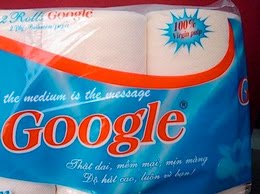



![mars[HAL]9000 : " Tomorrow is our permanent address."](https://blogger.googleusercontent.com/img/b/R29vZ2xl/AVvXsEhmblupqmUiuV3GbyayJiDRGEO63TEgwjHi-i8b0kVYDvXrKFWTCyl-e21la4QJXC4nDFDzx51Omi6fYPLJcqRHFoP6zSsL0CVZF98eMf6mxCE2WDfvMmT4q9G3X45-P0IYGDmliE0fCR3C/s1600-r/marsHAL9000_250.jpg)












































































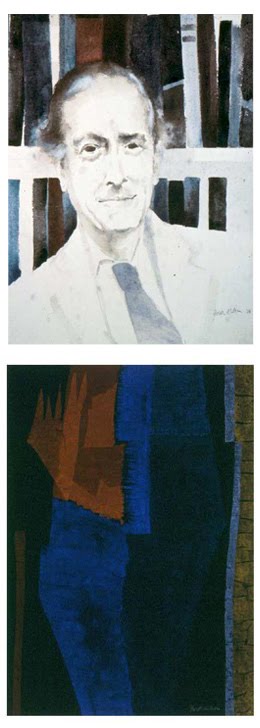















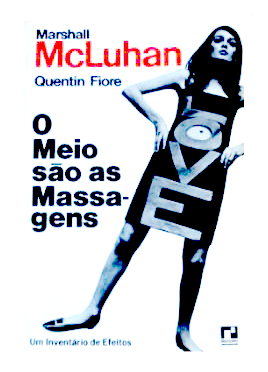





































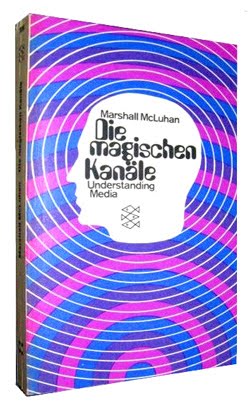
























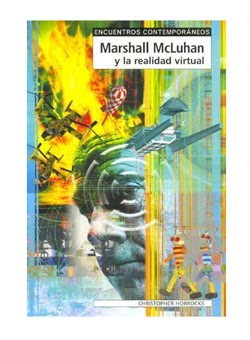




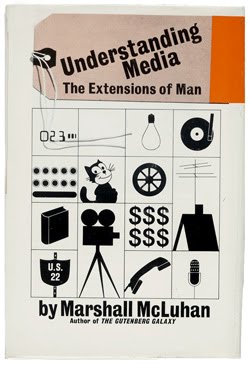





























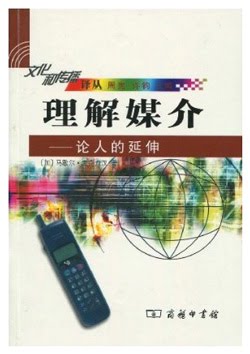











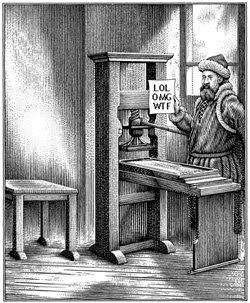








![Lucifer [from Latin] <br>meaning "light-bearer"](https://blogger.googleusercontent.com/img/b/R29vZ2xl/AVvXsEhq-2kZZOfh-Syv1Ewa0Ns2O6ZeP59pcsJp9ihhKcXCaovYZO_cKxffC5iSKOXFHr6E1jiHc6zedt1U6I95831RgpVdm3qk8-9C3y1yPyrCiQe4jgx-DsbeHnjKnw9t6Qx3ZM5TSYxiPj5H/s1600-r/lucifer.png)


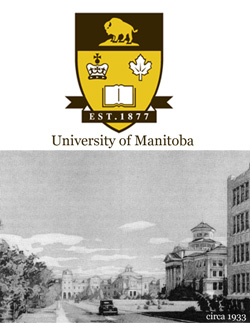










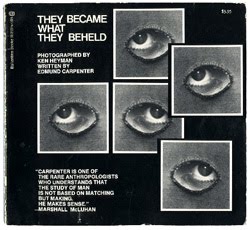






































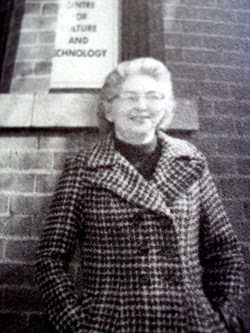
















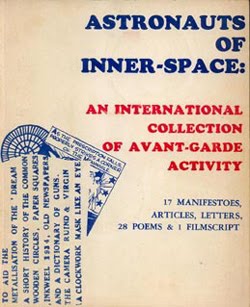































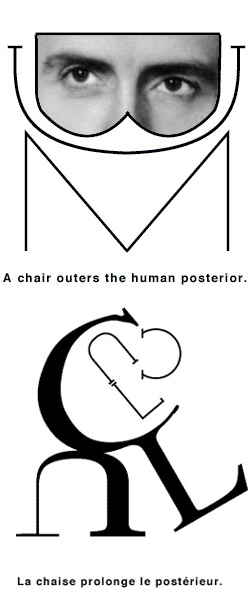






















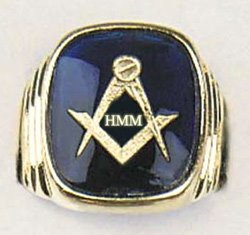















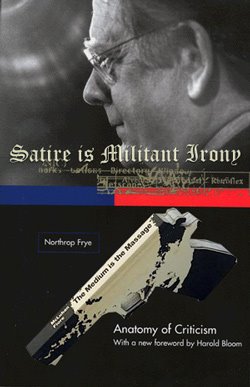
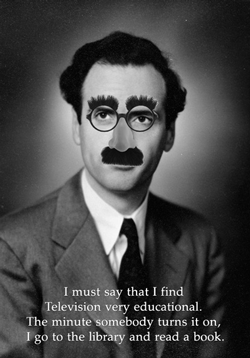






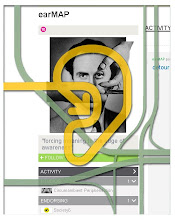















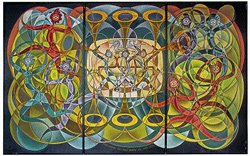










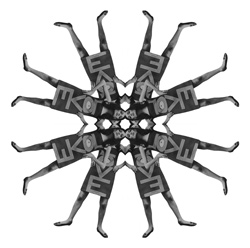



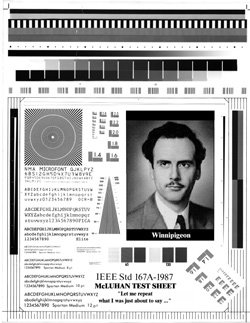

5 comments:
When we taught the Biami how to use cameras, they found it difficult—at times impossible—to close one eye
at a time. There was much fumbling as they held down one eyelid with one hand while trying to hold and
operate a camera with the other. Sometimes friends assisted by holding down an eyelid allowing them the use of both hands. Closing one eye soon became a daily game. One morning a group approached us pushing one man ahead. He stepped forward grinned broadly and to the delight of his companions, closed one eye. Soon, the ‘Big Wink’ became a daily greeting.
The ability to close one eye at a time seems to be associated with literacy. Literacy involves a unique sensory pattern. It shatters the natural orchestration of the senses and permits far greater control over individual senses, especially when one sense is used in isolation.
- Ted Carpenter
In the world of electronic technology we humbly encounter the primitive as avant-garde. This search for the primitive is surely one of the most remarkable features of our age. It’s as if we feared we had carried too far our experiment in rationalism, but wouldn’t admit it. And so we called forth other
cultures in exotic and disguised forms to administer all of those experiences suppressed among us.
If you store things, you might think with a library or a museum and so forth that things are preserved, but the best place to preserve something is in a human memory. As fragile as that is, it’s better than any effort at permanency.
"Wealth is already derived for the most part from the movement of information alone, and will increase in our time as the mere reflex of human chatter. That is why paid learning is long overdue."
Marshall McLuhan,
The Electronic Age - The Age of Implosion,
Mass Media in Canada, p.201, 1962.
"Politics have become musical; music has become politics. Government has become entertainment, and vice versa. Commerce has become incantation and magical gesture. Science and magic have married each other. Technology and the arts meet and mingle."
Marshall McLuhan,
Space, Time and Poetry, Explorations Magazine,
Volume 4, p.59, February, 1955.
Post a Comment